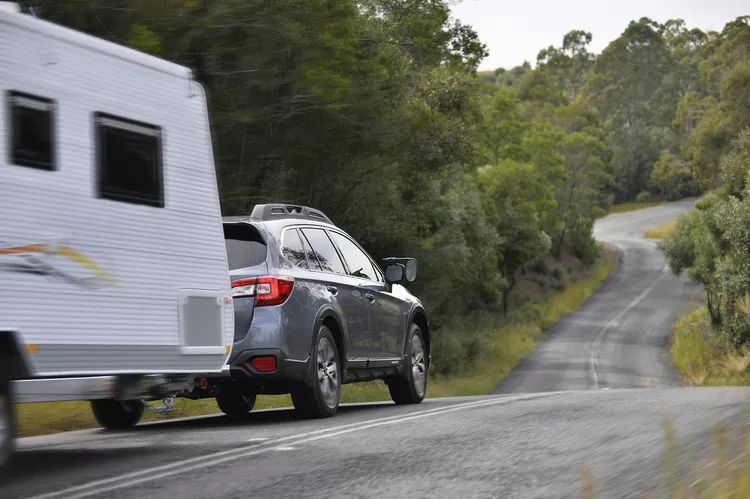1. Introduction
Towing is one of the biggest dilemmas to overcome as an RVer. While buying a motorhome is nice, it’s not always the most economical or practical solution available. When comparing motorhomes versus trailers, a common complaint is that motorhomes can’t always go everywhere. However, when you tow, you can disconnect from your trailer and hit the road in your towing vehicle.
2. What Types of RVs Can Be Towed?
There are various types of RVs that can be towed, ranging from motorcycle trailers to travel trailers and 5th wheel RVs. Depending on your towing vehicle, you might tow large trailers or double-wide RVs. Towing vehicles include cars, SUVs, and heavy-duty pickup trucks. Therefore, it’s essential to choose the right towing vehicle that can accommodate the added weight of both the RV and any cargo loaded inside.
It’s crucial to ensure that you meet the Gross Vehicle Weight Rating (GVWR) before hitting the road. The GVWR refers to the total amount of weight you’re towing, which includes the loaded RV, passengers, and any additional items you may have. A suitable towing vehicle must handle this weight efficiently to ensure safety on the road.
3. Learning to Tow
The key aspect of towing isn’t merely the act itself, but patience and the ability to adapt to changing road conditions. Adjusting to these conditions is imperative to ensure safety. Towing is challenging, but once you become accustomed to it, it feels natural. A positive attitude when learning how to tow will significantly aid you in maneuvering a trailer or RV smoothly, regardless of where you travel.
Here are some critical tips to remember while learning to tow:
- Always allow extra room when making right turns, as this varies depending on the RV’s length and your hitch type.
- Some RVs come equipped with brakes. Familiarize yourself with how they work to ensure your RV stops when you do, particularly during sudden stops.
- Increase the traditional two-second rule for braking; when towing, ensuring ample space is essential to compensate for the trailer’s weight.
- If you experience trailer sway, pull over to inspect your hitch setup promptly. While some sway is typical, excessive sway indicates a problem that must be corrected.
- When backing up an RV, proceed slowly and steadily. If possible, have a spotter help guide you.
- Invest in extra-wide mirrors for your towing vehicle for improved visibility and reduced blind spots while towing.
4. Practice Makes Perfect
Ultimately, practicing your towing skills is the most effective way to become proficient. Many dealerships offer towing classes, and private classes can often be found in states where RVing is popular. Taking a class will help alleviate the initial fear of towing. Therefore, it’s critical to gain hands-on experience to enhance your confidence when towing an RV.





